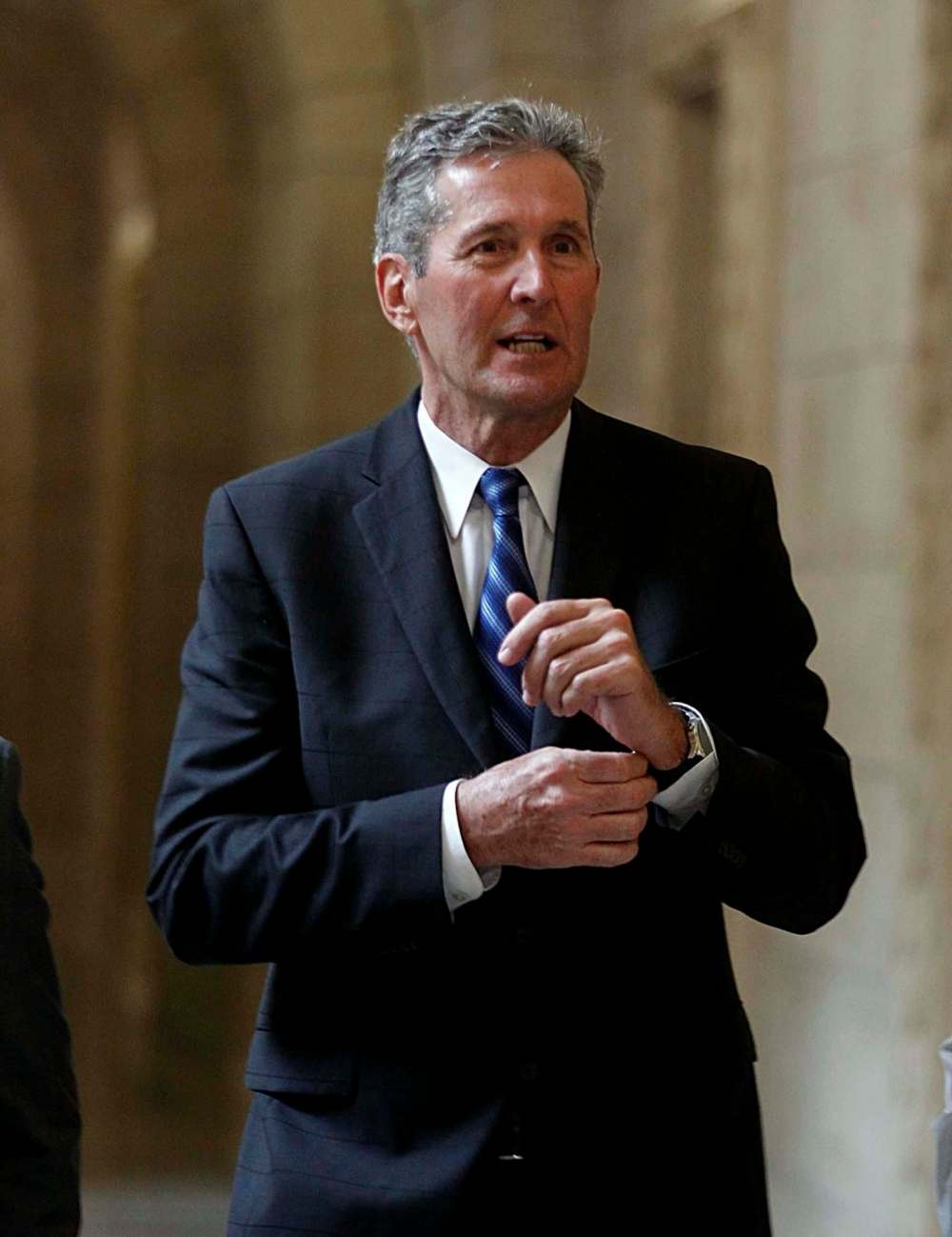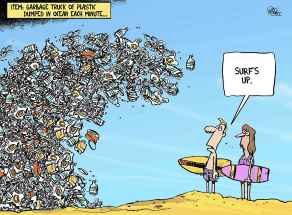When people speak, (sometimes) government listens
Read this article for free:
or
Already have an account? Log in here »
To continue reading, please subscribe:
Monthly Digital Subscription
$0 for the first 4 weeks*
- Enjoy unlimited reading on winnipegfreepress.com
- Read the E-Edition, our digital replica newspaper
- Access News Break, our award-winning app
- Play interactive puzzles
*No charge for 4 weeks then price increases to the regular rate of $19.00 plus GST every four weeks. Offer available to new and qualified returning subscribers only. Cancel any time.
Monthly Digital Subscription
$4.75/week*
- Enjoy unlimited reading on winnipegfreepress.com
- Read the E-Edition, our digital replica newspaper
- Access News Break, our award-winning app
- Play interactive puzzles
*Billed as $19 plus GST every four weeks. Cancel any time.
To continue reading, please subscribe:
Add Free Press access to your Brandon Sun subscription for only an additional
$1 for the first 4 weeks*
*Your next subscription payment will increase by $1.00 and you will be charged $16.99 plus GST for four weeks. After four weeks, your payment will increase to $23.99 plus GST every four weeks.
Read unlimited articles for free today:
or
Already have an account? Log in here »
Hey there, time traveller!
This article was published 07/06/2018 (2740 days ago), so information in it may no longer be current.
It appears that you can still fight city hall. Or the provincial legislature, for that matter.
In recent weeks, Manitobans have witnessed several instances in which the Progressive Conservative provincial government has reversed tack on important and controversial decisions, largely as a result of public outcry.
There was the Tory government’s decision to ditch a plan to remove government notices from Manitoba newspapers. In a bid to save money, the Tories argued it no longer made sense to put notices — legally required in most instances — in old-fashioned ink-on-paper newspapers. Manitoba’s newspapers, including the Winnipeg Free Press, campaigned against the move and, surprise, the decision was reversed.

Then came the campaign to save the Pinegrove rest area — a torrent of criticism was sent the Tory government’s way after it was announced that the rest stop on the Trans-Canada Highway, the only public washroom facility between Winnipeg and Whiteshell Provincial Park, would be closed in the fall.
It was hardly a radical idea. The previous NDP government closed many other such rest stops without having to endure public outcry. Nonetheless, the current government’s plans resulted in a firestorm of concern. So, the decision was reversed. Bladder-challenged Manitobans of all ages can drive east to their cottages with the comfort of knowing that a comfort stop is there if they really, really need to go.
The final policy reversal came via Premier Brian Pallister, who announced recently that his government will contribute an additional $5 million for the Winnipeg Art Gallery’s ambitious Inuit Art Centre. Mr. Pallister had previously decided to give the project only $10 million of a $15-million pledge made by the former NDP government. After several months of lobbying from prominent private donors, many of whom are also opinion leaders in the PC party, Pallister relented and found the additional money.
What are we to deduce from the Pallister government’s recent willingness to reverse course?
First, that the Tories are growing more comfortable in the role as the province’s governing party. The first two years of its mandate have been filled with all sorts of lurching and veering as it attempted to find an approach to policy that did not alienate as many or more people than it pleased. Good government is willing to amend its position when the public makes a compelling case for such change.
Which leads us to a second important point: speaking up and getting involved on matters of public policy is still relevant and effective.
In a world in which people would increasingly prefer to communicate via social media rather than socializing in person, these three stories demonstrate that good old-fashioned, face-to-face engagement can have an effect on government decision-making. The people spoke, and government listened.
However, these three stories are also a testament to the enduring impact of traditional media. None of the three stories highlighted here was the subject of an incendiary social-media campaign. The change in fortune came after significant news coverage by the province’s largest newspapers and television and radio stations. Yes, a hashtag can be a potent tool for social change — but so, too, can impactful and professional journalism.
So, hooray for the Pallister government’s willingness to listen to the people and change its position. And a further hooray to the citizen activists, journalists and deep-pocketed opinion leaders for making sure government knew exactly where the people stood on these pressing public issues.








